With COVID-19 still on the loose, everyone is on high alert at the moment taking steps to look after their health. It’s a good reminder that self-care isn’t just all about yoga and face scrubs.
Self-care is all about paving the way for a future brimming with health and vitality… And it’s never too late to start taking care of number one. With a few tweaks, you can harness your body’s potential at every age to keep you in good shape for decades to come. Read on for expert advice on how to feel fit and healthy through the ages.
Self-Care Tips For Your 20s
READY, SET, GO!
Good food, regular physical activity, plenty of sleep, and safe sex.
This is the age when burning the candle at both ends doesn’t knock you out for days. But don’t let all that youth, energy and vitality go to waste. Use it to build a strong foundation to carry you through life.
Embrace real food
It’s easy to rely on processed convenience foods but even at this age, you’ll soon notice less energy and enthusiasm if your diet focuses on nutrient-deficient foods, especially at this time of the year when our immune system can suffer from our body not getting the nutrients it needs.
If you need some ideas, social media is literally bursting with inspo to be fit and healthy. Follow a few foodie and recipe vlogs, and be inspired to cook your own food using fresh ingredients.
Start moving
Now’s the time to explore the fitness options available to you, find what works, and stick to it.
MYTH BUSTER: Pelvic floor exercises
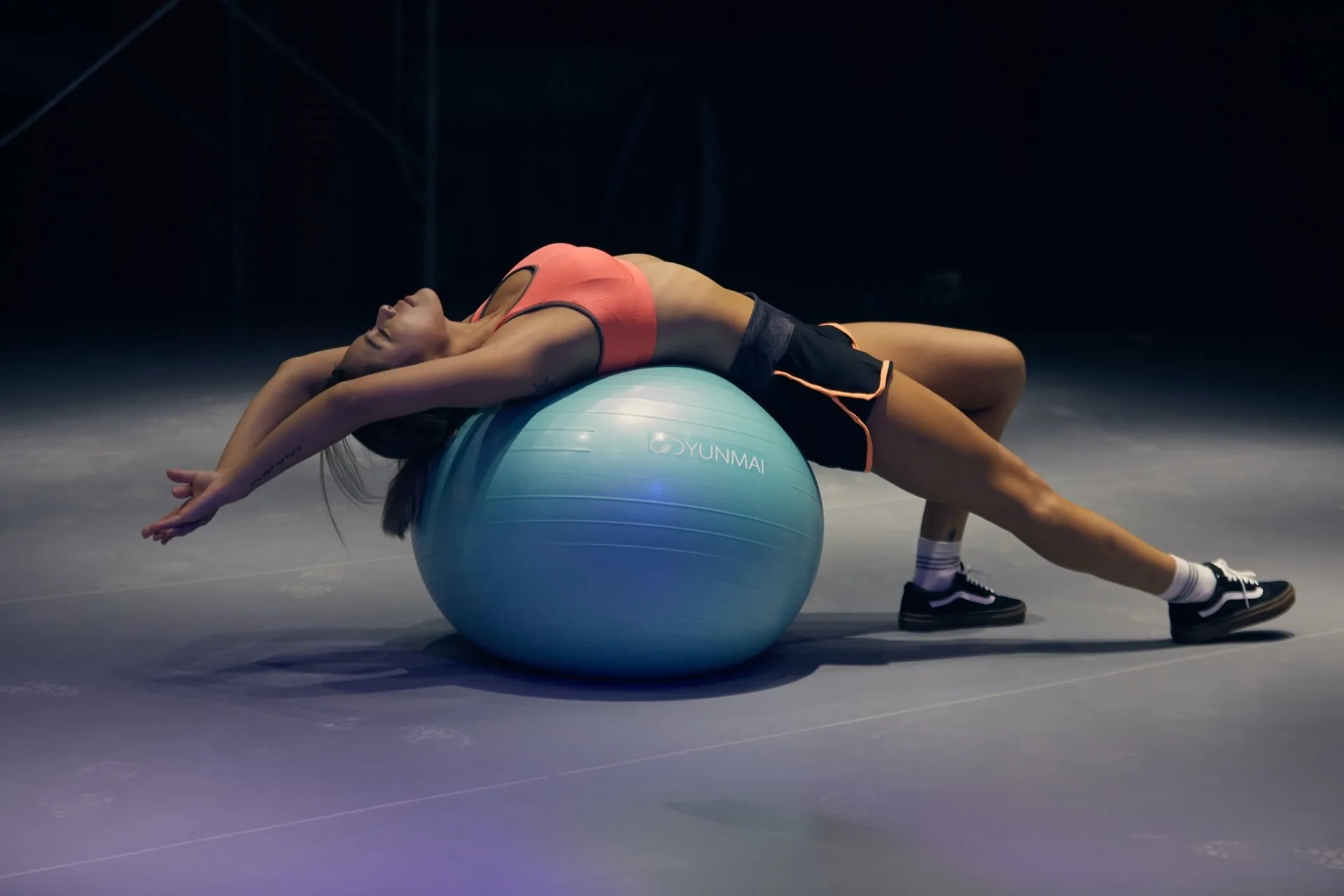
MYTH: Only women who suffer from bladder leakage need to do pelvic floor exercises
FACT: Everyone, including women who haven’t had a baby should be doing pelvic floor exercises. As women age, the pelvic floor muscles – the ‘sling’ of muscles that support the bladder, bowel, and uterus – can stretch and weaken.
Frequently lifting weights at the gym may contribute to this weakening. Spending a few minutes a day exercising your pelvic floor will mean you’re much less likely to experience problems later in life. Try the Continence Foundation of Australia’s Pelvic Floor First app – available free from the App Store and Google Play.
Regular physical activity can help ward off excess kilos, diseases, bone loss, stress, depression and anxiety now and down the track. At the moment, while we are all avoiding crowded gym classes and public spaces, you can still find some workouts that can be done from home.
Put out the fire
Aside from yellowing teeth and bad breath, smoking also increases your future risk of menstrual and fertility problems, osteoporosis, cancer, heart disease, and stroke. It can also increase your susceptibility to infections such as pneumonia and influenza, and lower the levels of protective antioxidants (such as vitamin C) in the blood.
Lay the foundations
Your bone density has nearly reached its peak by this age. The sooner you start protecting your bones, the more likely you are to have healthy, strong bones for life.
The combination of eating a diet rich in calcium (1000 mg daily), ensuring you are getting enough sunlight to make vitamin D, and exercising are three key factors that can help build and maintain strong, healthy bones.
Protect your skin
It’s almost impossible to completely escape skin damage as we age. But you can delay the onset of wrinkles, sagging skin, and sun damage by applying sunscreen to your face and hands.
Squeeze in sleep
Sticking to a balanced sleep-wake cycle might not be top of your list at this age, but it’s important for your mental and physical wellbeing.
Studies show that people who don’t get enough quality sleep are more likely to get sick after being exposed to a virus, with lack of sleep also affecting recovery time if you do get sick. Try to go to bed at the same time each night to keep your body clock happy and let in natural light first thing in the morning.
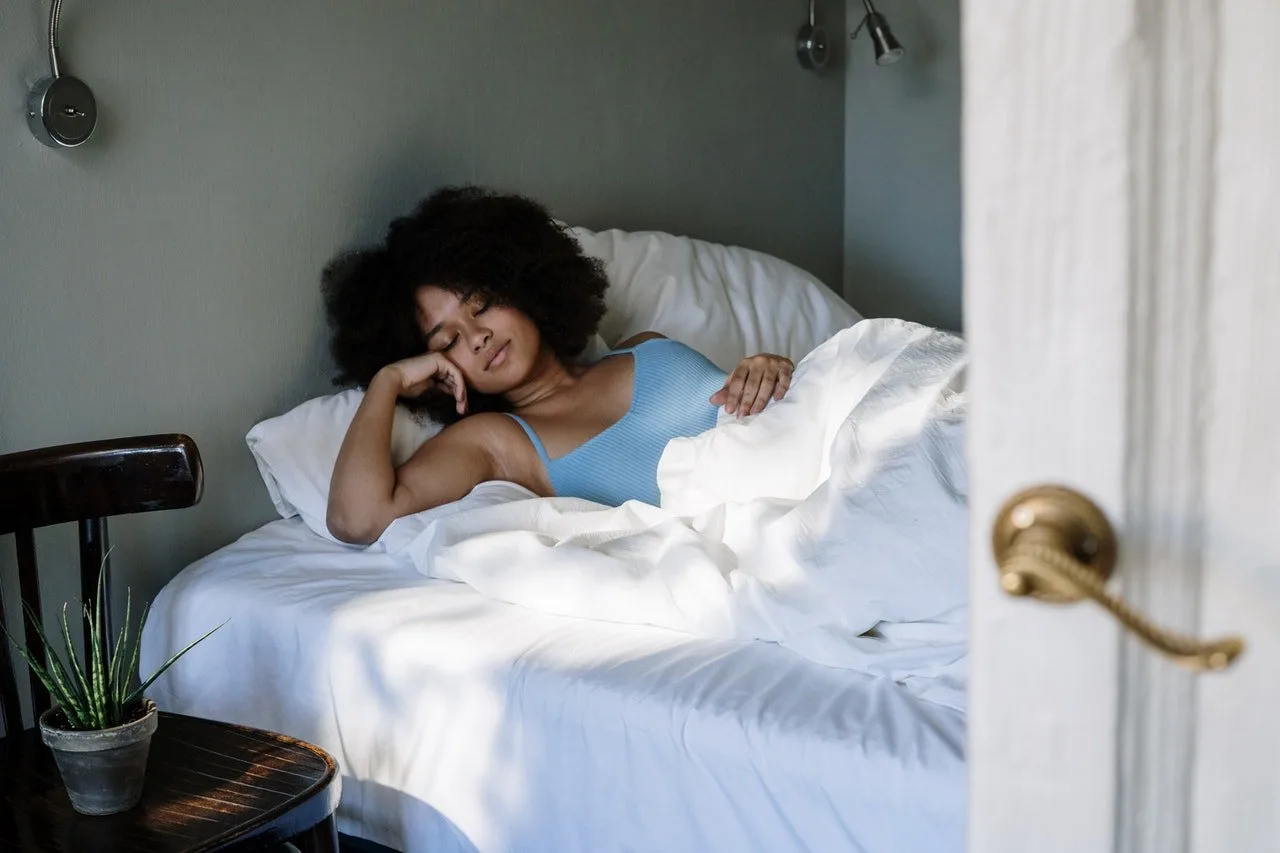
Photo by cottonbro from Pexels
Stay safe
Women in their 20s are at a higher risk of getting sexually transmitted infections (STIS). Brisbane gynecologist Dr. Devini Ameratunga says, “STIs can cause chronic pelvic pain, blocked tubes, and infertility, so it’s important to consider this in your 20s to prevent problems later on.”
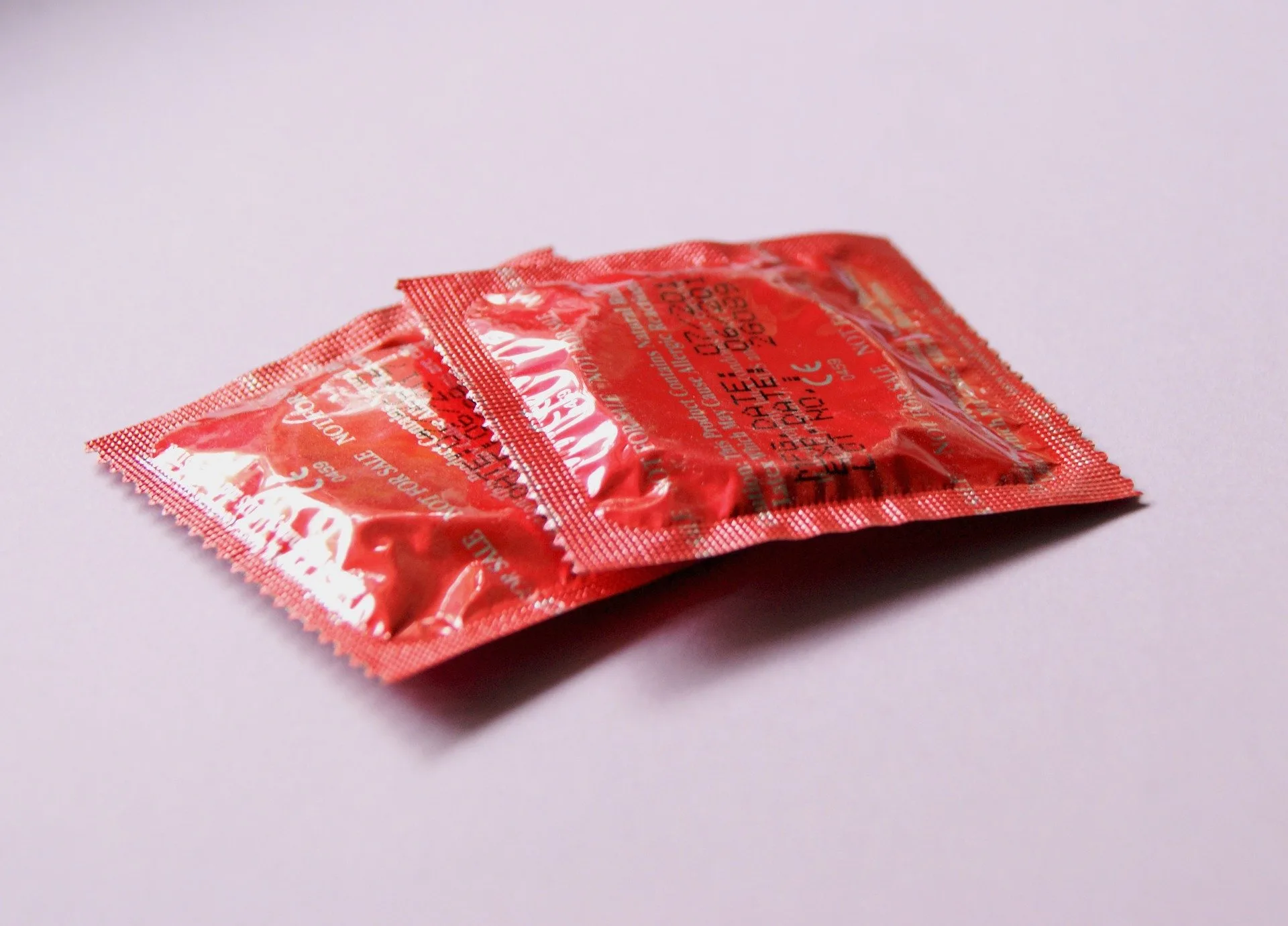
How to eat
Accredited practising dietitian Bronwen Greenfield says:
>> This is the age to focus on creating healthy habits to set you up for life. A simple strategy is consuming two serves of fruit and at least five serves of vegetables a day. This will ensure it’s a habit by the time you reach your 30s.
>> Iron deficiency is common at this age, so it’s important to ensure that you’re eating enough iron-rich foods such as lean meats or non-animal sources such as legumes, whole grains, and leafy greens.
>> Keep in mind that plant-based sources of iron are not as well absorbed, so pair these foods with a source of vitamin C such as citrus fruits, tomato, or capsicum, and consume any ‘iron blockers’ like coffee separately, to help increase the amount of iron absorbed.
HEALTH CHECK ALERT
CERVICAL SCREEN
All women over 25 should have a cervical screening test every five years. This applies even if you’re not having regular sex, regardless of whether your sexual partners are male or female, and whether you’ve had the HPV vaccine or not.
Who is the author?
Debbie Duncan/Aremedia.Com.Au/Magazinefeatures.co.za


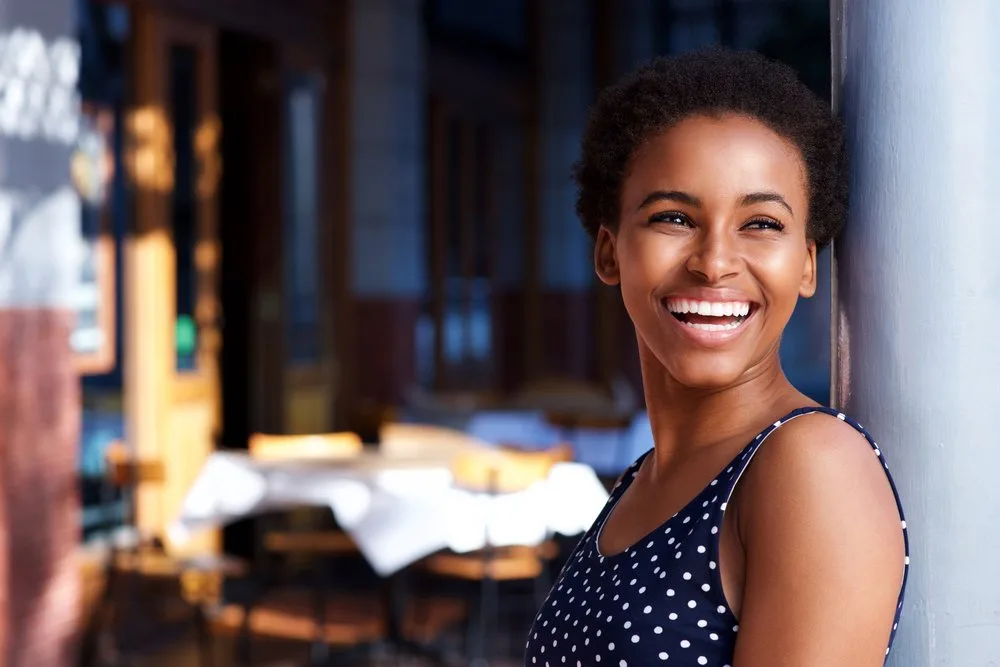


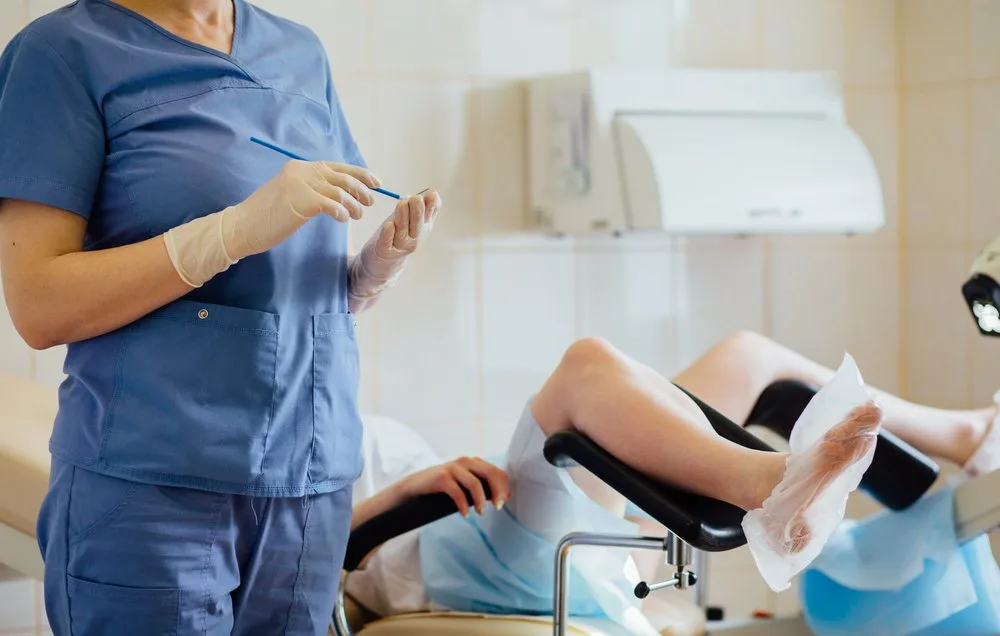


![women [longevity live]](https://longevitylive.com/wp-content/uploads/2020/01/photo-of-women-walking-down-the-street-1116984-100x100.jpg)









